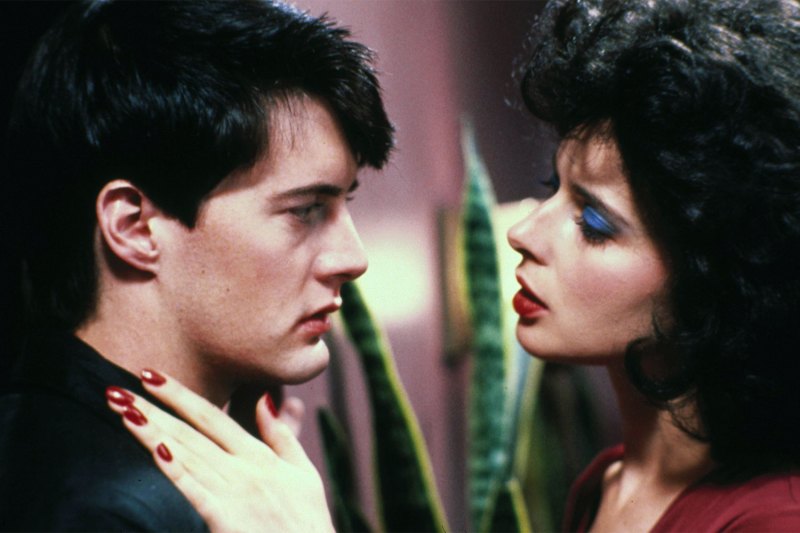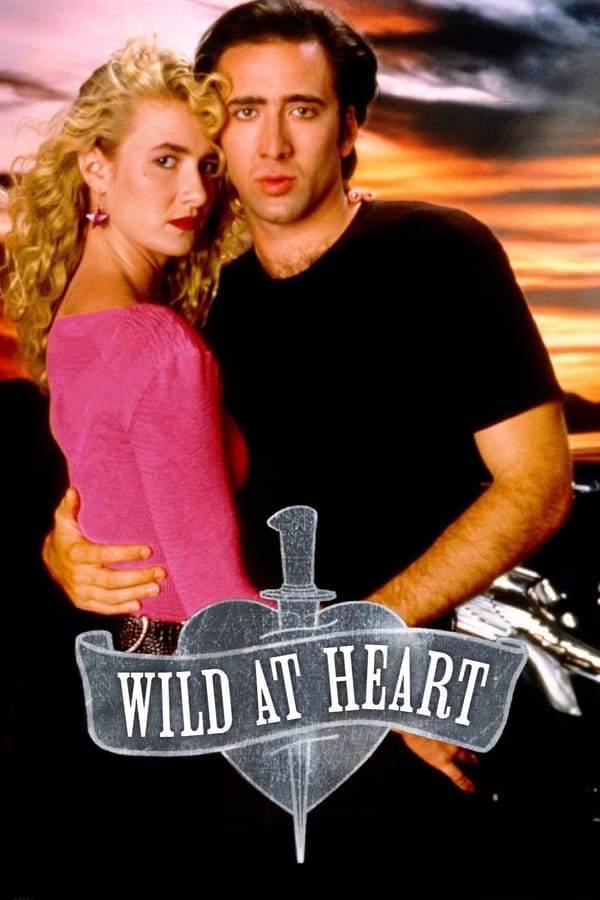
The American public’s taste and appreciation for non-narrative cinema isn’t exactly high — the most celebrated contemporary American movies have middlebrow aspirations at best. There’s nothing inherently wrong with that, of course, and it’s not like the avant-garde faction of the art world isn’t to blame for making deeply unapproachable works that most people don’t want to bother understanding. In the U.S., few film directors with truly experimental inclinations manage to break through to mainstream success. David Lynch is one of the most notable exceptions.
David Lynch, a true master of surrealism, is a noted painter, photographer, sculptor, writer, interior designer, TV showrunner, musician — and most importantly, film director. His works since the mid-’80s have explored the darkest parts of the human psyche — a motif that is juxtaposed starkly with his characters’ inherent kindness. His works have been cited as an influence by countless enthusiasts who have emerged in his wake.
Most of Lynch’s works have a lot in common: An emphasis on dreams, a visual appreciation for texture and unexpected color palettes, a strangeness found in banality, explorations of America’s underbelly, and a whole lot of gaping, oozing wounds. But to define Lynch’s universe as only nightmarish ignores the hopeful messages hidden in the gloom.
Because Lynch’s works are often inter- and intra-textual, it’s hard to know where to start with his obscure oeuvre. We’re taking a look at Lynch’s greatest works in this (highly subjective) ranked list of his best movies. Hopefully, it helps you figure out what’s essential and what’s worth skipping.
10. Dune (1984)

9. Wild at Heart (1990)

8. The Straight Story (1999)

7. Inland Empire (2006)

6. The Elephant Man (1980)

5. Twin Peaks: Fire Walk with Me (1992)

4. Eraserhead (1977)

3. Lost Highway (1997)

2. Mulholland Drive (2001)

1. Blue Velvet (1986)





